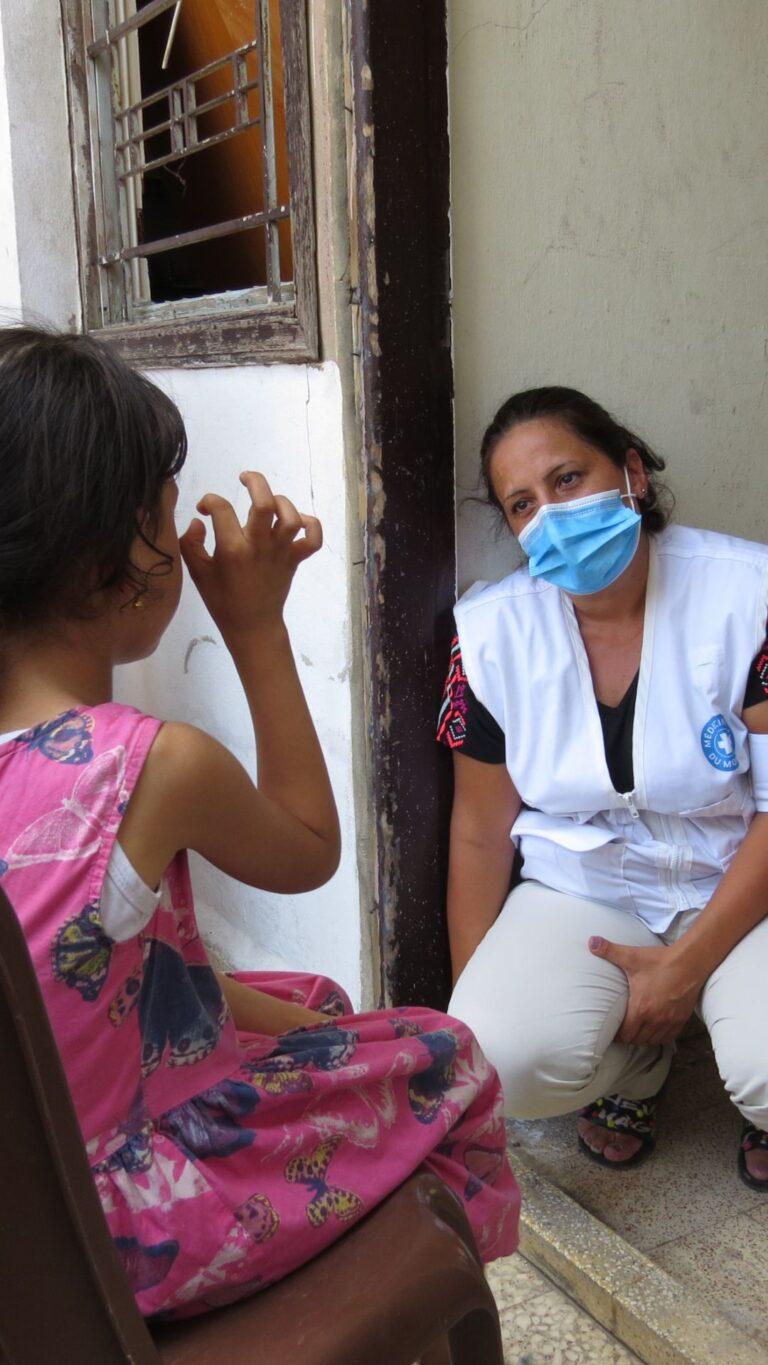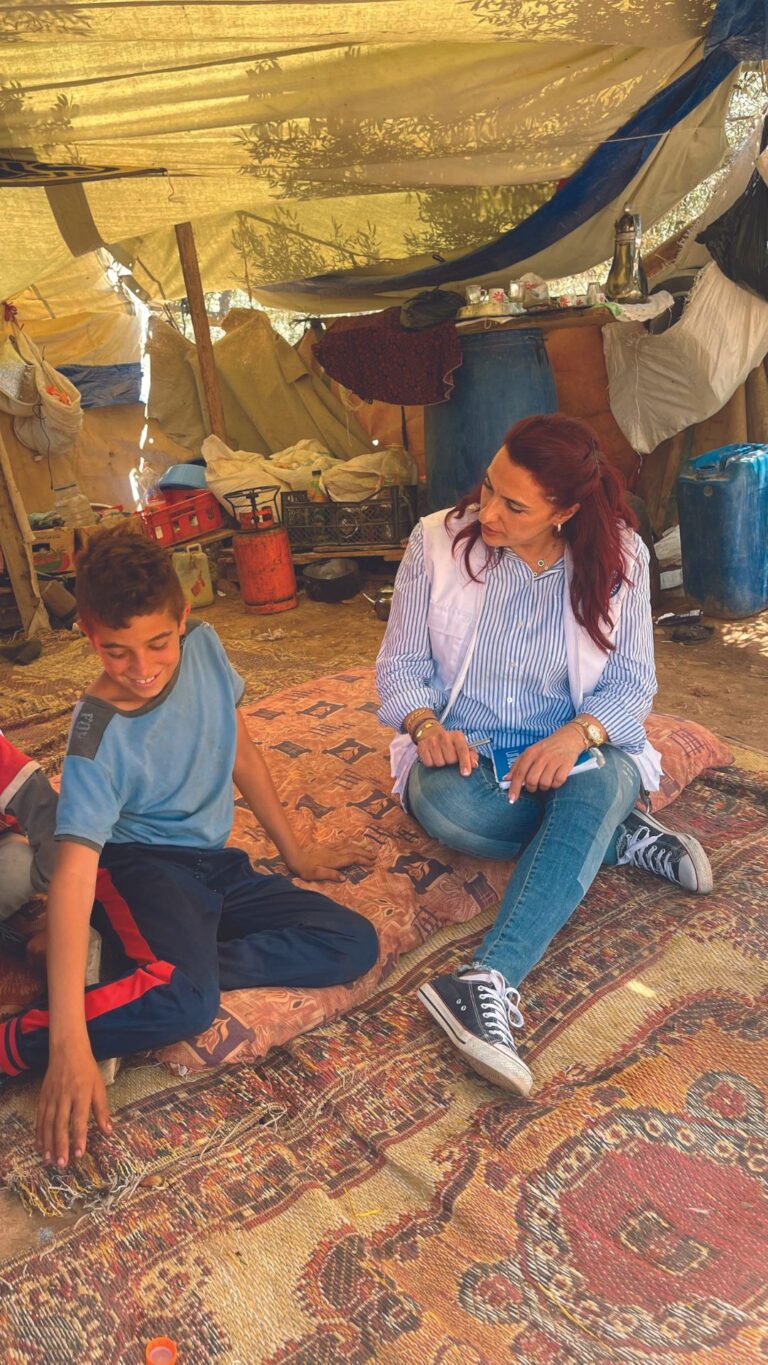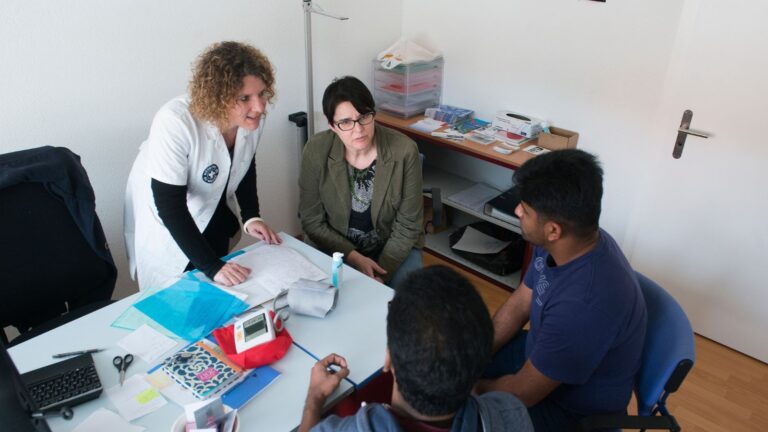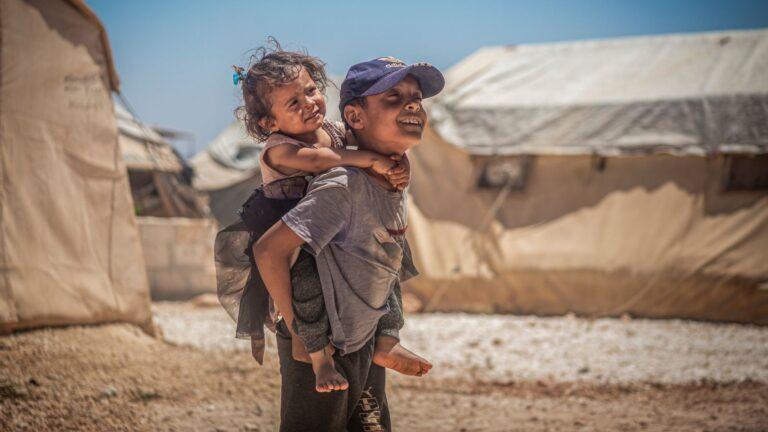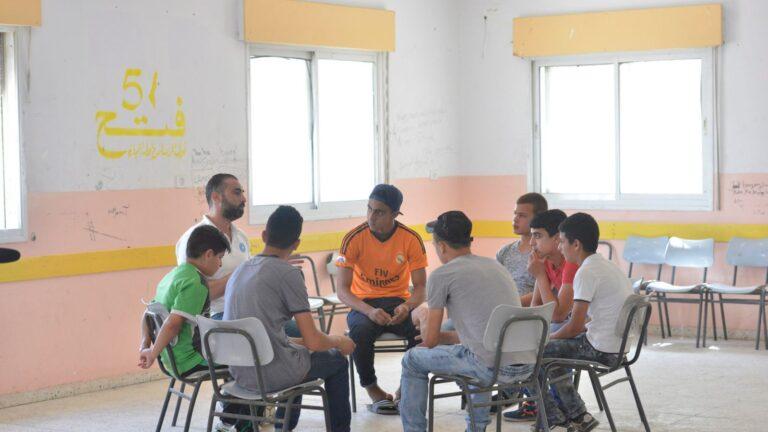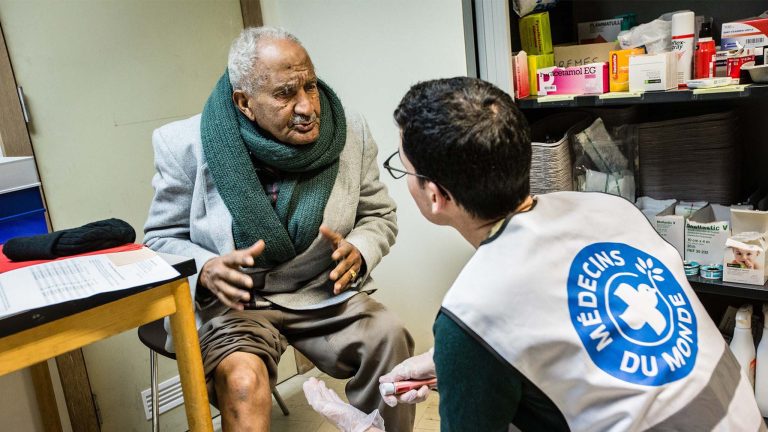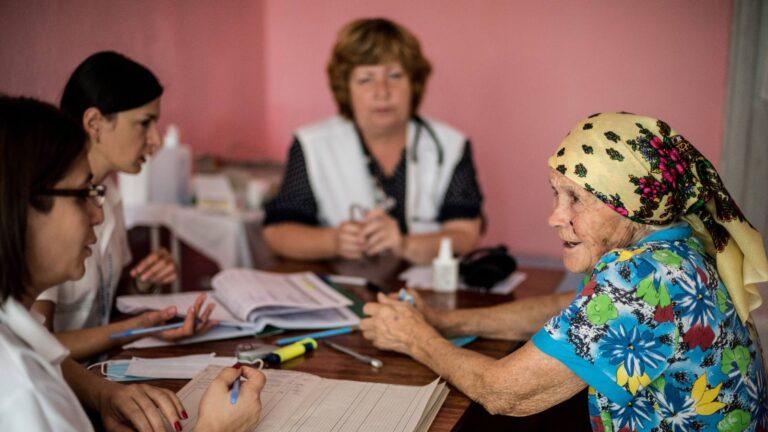Médecins du Monde refers to the WHO definition: Mental health is ‘a state of well-being in which an individual realises his or her own potential, can cope with the normal stresses of life, can work productively and is able to make a contribution to his or her community’.
In this positive sense, mental health is the foundation of an individual’s well-being and the proper functioning of a community. It also encompasses the promotion of well-being, the prevention of mental disorders, and the treatment and recovery of people with these disorders.













